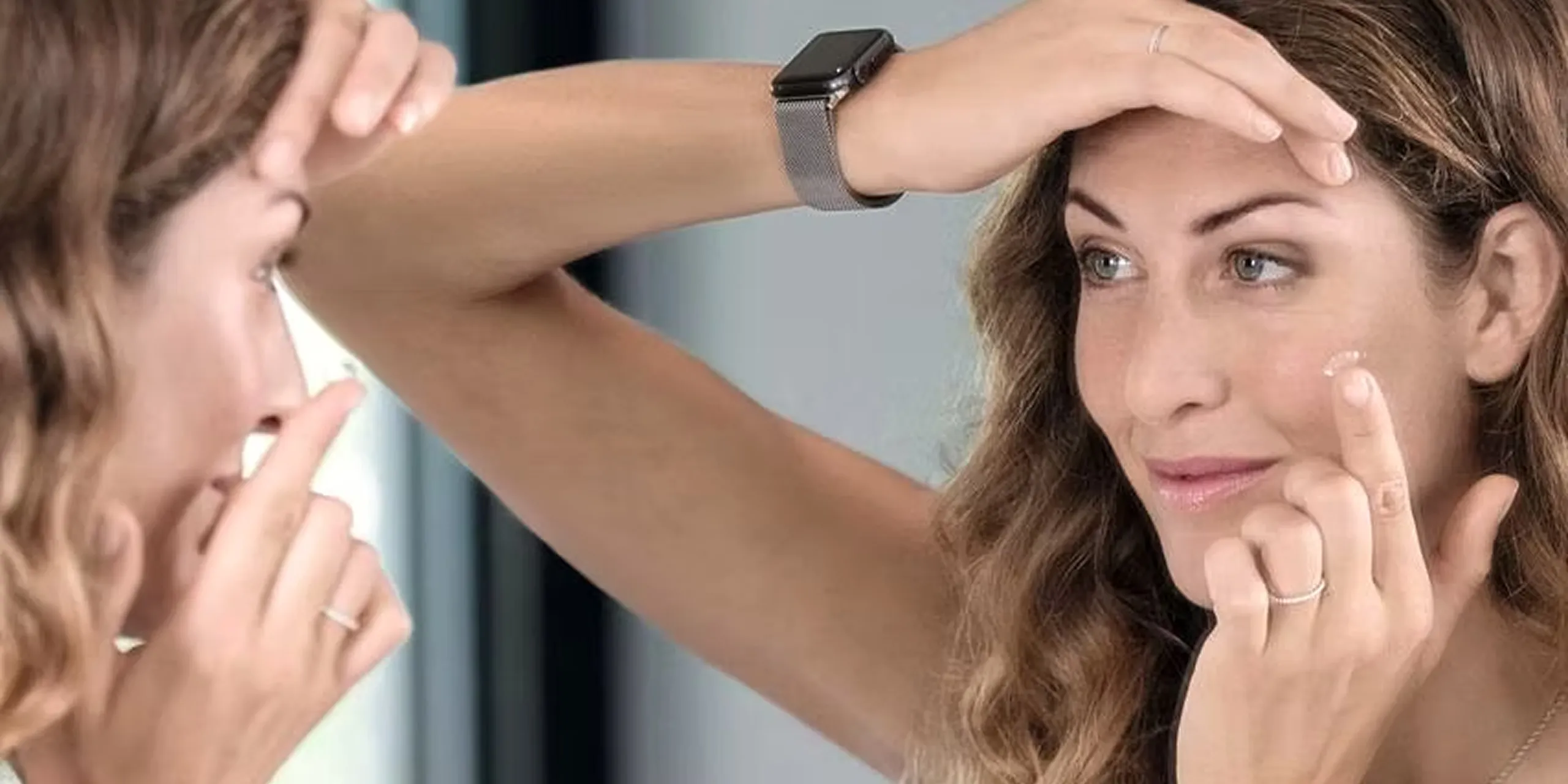Types of Contact Lenses

Our Standard Contact Lens categories are listed below:
- Spherical Soft Lenses
- Toric (or astigmatic) Soft Lenses
- Multifocal Soft Lenses
- Standard RGP (Rigid Gas Permeable) Lenses
- Toric RGP lenses
- Bifocal or Multifocal RGP lenses
- Complex Medical Lenses e.g., Keratoconus and post-corneal grafts or following complication of laser surgery
- Orthokeratology: Night Lenses to remove short sightedness
- CRT Lenses
For details on more Complex and Bespoke lens categories offered at the practice, such as Scleral and Hybrid Lenses, please see link above.
- The fitting fee includes all the appointments and materials (mainly trial lenses) and tuition until the satisfactory conclusion of the fitting and adaptation process. This is normally accomplished in 3 weeks, however, may take up to 3 months in the more complex scenarios.
- Contact Lens aftercare and follow up appointments after the fitting completion will be charged at a standard fee for each appointment. Our Perpetual Eye Care Plan is used by the majority of contact lens wearers, as it enables patients to receive all the care and lenses they require, as well as other benefits through a direct debit contract with the practice.
New To Contact Lenses ? - Click Here.
Contact Lens Descriptions
Rigid Gas Permeable
(RGP)
Rigid Gas Permeable (RGP) lenses are custom made for every eye and are fitted with a high level of precision. Because of their rigidity, they provide excellent vision and will correct corneal irregularities such as regular and irregular corneal astigmatism. These lenses are manufactured in a great variety of designs and materials and therefore are suitable for most people. Well fitting and appropriately handled RGP lenses are extremely safe due to their minimal interference with the eye’s and ocular adnexa’s normal physiology.
Soft Lenses
These lenses are made from soft, flexible materials called hydrogels (watery gels), and most patients find them very comfortable straight away. They are relatively simple to fit and are available in a variety of designs and materials. These lenses can be worn either on a regular or on an occasional basis. They are replaced regularly, anything from daily to annually. Custom designs with these lenses are possible although not routinely required.
Hybrid Contact Lenses
[RGP centre, soft periphery (skirt)]
High quality hybrid lenses have been developed in order to offer the vision quality advantages of RGP lenses and the quick adaptation and comfort of soft lenses. The new generation hybrid lenses offer excellent visual benefits to patients with a variety of challenging optical conditions and visual requirements.
Contact Lenses for Astigmatism
(Toric)
People with astigmatism are usually able to wear contact lenses successfully. Toric lenses require careful fitting and may necessitate more visits to the practice. For mild levels of astigmatism soft disposable lenses are usually adequate for more complex astigmatism custom soft toric or RGP lenses will be designed and fitted. Toric lenses are available in a variety of excellent materials with a a variety of complexity of lens designs. Your practitioner will advise which contact lens options are appropriate for you.
Contact Lenses for Presbyopia
(Multifocal Lenses)
There have been considerable advances in contact lens manufacturing technology; it is now possible to fit lenses that will correct reading as well as distance vision. A wide variety of options are now available, including daily and monthly disposable multifocal lenses as well as RGP and even hybrid multifocal lenses. Custom made RGP bifocal lenses may be prescribed for an uncompromised vision at both distance and near. Please ask at your appointment for more information on these.
Orthokeratology/Corneal Refractive Therapy
(CRT)
Orthokeratology or Corneal Refractive Therapy (CRT) is the art and science of the temporary elimination of myopia (short-sightedness) with specialist contact lenses. These lenses are worn during sleep overnight and removed on awaking in the morning. These lenses alter the shape of the front of the eye (cornea) which is elastic in nature, by the exact amount required to eliminate the myopia of the eye.
This process is safe and fully reversible. If the therapy is successful the need to use glasses and lenses during the day is removed. There are different systems available at the practice, all of which are FDA approved.
Doctor Levit has been practicing orthokeratology since 1995, and is an Accredited Member of the British and European Orthokeratology Society. For more information on Orthokeratology, or to book an appointment please contact reception.
